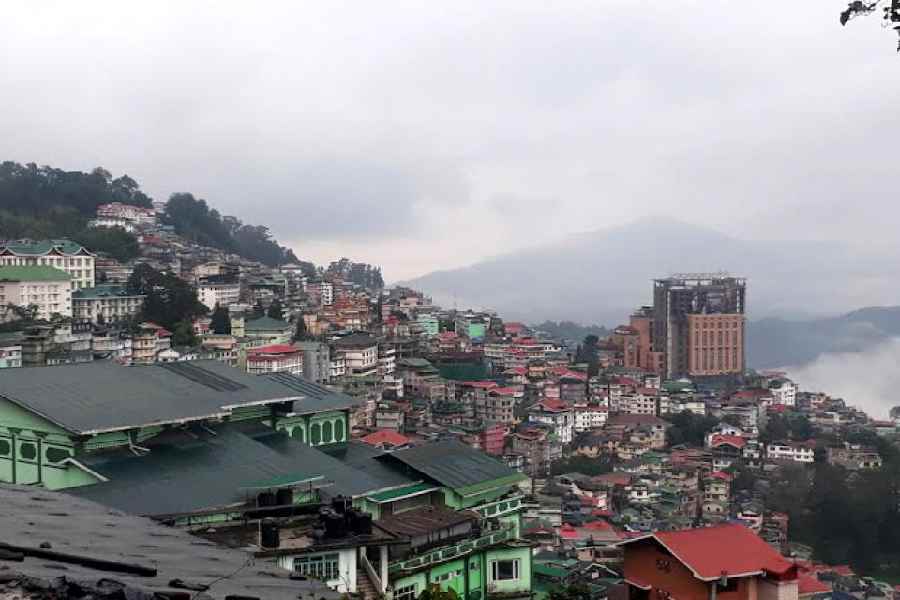The P.S. Tamang government in Sikkim has initiated several measures to bring about transparency and accountability in the tourism sector, one of the mainstays of the economy in the Himalayan state.
The state transport department announced that Sikkim Cab mobile app would be launched on July 30 to book taxis for travel in Sikkim.
“The decision was taken after the transport department had received many complaints that a section of cab drivers overcharged local people as well as visitors, especially during peak tourism seasons. Once the app is launched, the issue will be resolved and cab drivers will charge rates stipulated by the government,” said an official in the transport department.
He said the department had held a meeting with representatives of different taxi associations and they were told that cab drivers should have to install the app on their smartphones.
“The app will boost their business and help deal with passengers in a hassle-free manner. The drivers are free to accept or reject a booking according to their convenience,” the official added.
The state tourism and civil aviation department, on the other hand, issued a notice, saying all those who were associated with the tourism industry would have to register with the government and obtain trade licences by August 31.
“The registration is mandatory according to the Sikkim Registration of Tourist Trade Act 1998 and rules notified in 2008. From September 1, anyone who doesn’t have the registration certificate and the trade licence will be penalised if he/she indulges in tourism activities,” said a source.
The registration is made mandatory for travel agents, tour operators, tourist guides, outdoor photographers and people who run hotels, resorts, restaurants and homestays among others.
“They will have to display both the certificate and the licence in their offices or
other places concerned,” the source said.
Sikkim, which is the first organic state in India, is giving impetus to the conservation of the environment.
The tourism and civil aviation department issued a notice that said tourist
vehicles were enjoined to carry garbage bags for collection and disposal of waste during travel.
“This will prevent littering of garbage and check pollution. The waste would be disposed of systematically. Those involved in providing transport and allied services have been apprised of the order,” said an official.
Stakeholders of the tourism industry have welcomed the government’s initiatives.
“We welcome the decisions which will help in providing better services to tourists and protecting the environment,” said Samrat Sanyal, the
general secretary of the Himalayan Hospitality & Tourism Development Network.










